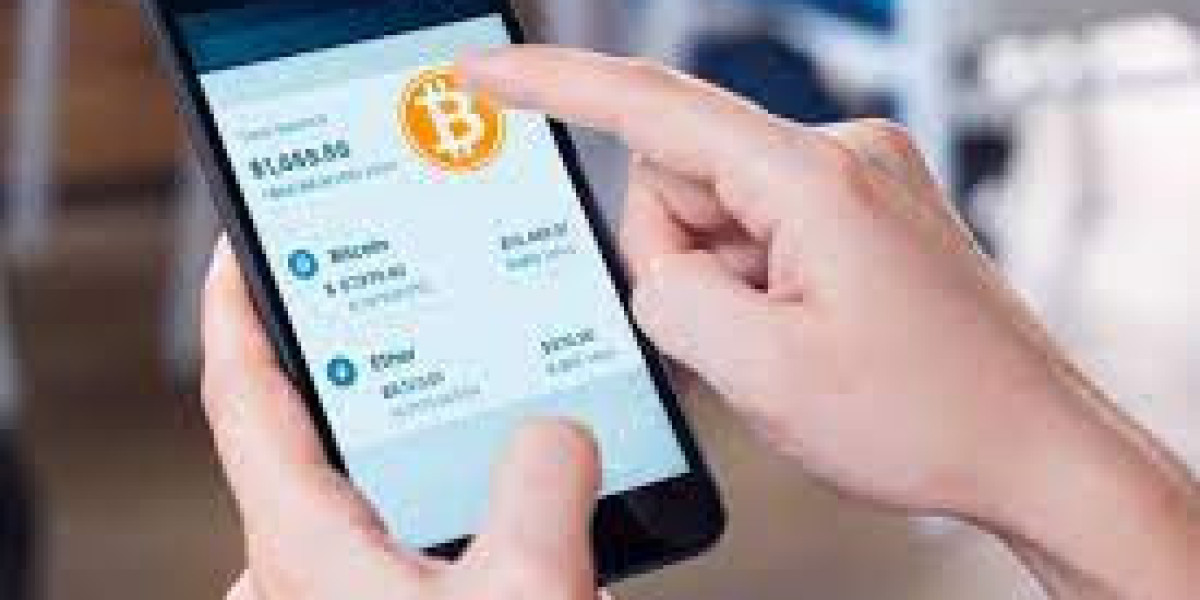As cryptocurrency continues to gain popularity, its integration into everyday financial systems is rapidly increasing. However, along with the growth of the crypto market comes an escalating risk: cyberattacks targeting crypto wallet. A wallet is not just a digital storage space for your cryptocurrency but also a crucial component in safeguarding your investments. Without proper security, your funds can become vulnerable to hackers, making it essential to understand the importance of securing your wallet.
Internet access to offline, more secure cold wallets. Despite the variety of options, they all share one fundamental responsibility protecting your private keys. These keys grant access to your digital assets, and if compromised, they can lead to significant financial loss. In fact, many high-profile cryptocurrency heists have been the result of poorly secured wallets, where hackers exploited vulnerabilities to steal millions of dollars.
The evolving nature of cybercrime means that hackers are continually developing new tactics to bypass security measures. Phishing, malware, SIM-swapping, and weak passwords are just a few examples of the threats facing wallet users today. As a result, understanding the security risks and implementing robust security practices is vital for anyone involved in cryptocurrency.
Types of Crypto Wallet
The two main types are:
Hot Wallets: A hot wallet is a type of cryptocurrency wallet that is connected to the internet, allowing for quick and easy access to digital assets. Unlike cold wallets, which remain offline, hot wallets are designed for frequent transactions and convenience, making them an essential tool for active traders and everyday crypto users.
While they are easy to use and access, their connection to the internet makes them vulnerable to hacking attempts, phishing attacks, and malware.
Cold Wallets: Since they are not online, they are regarded as the safest choice for storing cryptocurrency for an extended period of time.
Common Crypto Wallet Security Threats
The cryptocurrency world has seen numerous attacks on wallets, leading to significant financial losses. Understanding the most common threats can help you take the necessary precautions.
Phishing Attacks: Hackers use deceptive emails, websites, or social media messages to trick users into revealing their private keys or login credentials. A successful phishing attack can give hackers access to your wallet and allow them to steal your assets.
Malware and Ransomware: Malware is malicious software designed to infiltrate your computer and steal sensitive data, including crypto wallet private keys. Ransomware can lock you out of your own wallet and demand payment to restore access, threatening to delete your crypto if you don’t comply.
SIM Swapping: In a SIM swap attack, hackers gain control of your phone number by tricking your mobile service provider into transferring it to a new SIM card. If your wallet uses two-factor authentication (2FA) via SMS, this attack can give hackers access to your wallet and your funds.
Weak Passwords: Using weak or easily guessable passwords for your crypto wallets increases the chances of a successful attack. Passwords like "123456" or "password" can be easily cracked by hackers, providing them with direct access to your wallet.
Best Practices for Securing Your Crypto Wallet
To protect your investments from hackers, it's essential to implement multiple layers of security. Some best measures for keeping your wallet safe are listed below:
Use Strong, Unique Passwords: Always create strong, complex passwords for your wallet and any associated accounts.Avoid using guessable information, such as birthdays or well-known phrases.
Avoid Public Wi-Fi: When accessing your wallet or making transactions, always use a secure, private internet connection. Public Wi-Fi networks are often not encrypted and can be used by hackers to intercept sensitive data, such as your wallet’s private keys or login credentials.
Use Cold Wallets for Long-Term Storage: For significant amounts of cryptocurrency that you don’t need to access frequently, consider using cold wallets like hardware wallets or paper wallets. These are far more secure because they are not connected to the internet and are less susceptible to hacking.
In the end, crypto wallet are an essential tool for managing your digital assets, but their security is only as strong as the precautions you take. The rise in cryptocurrency-related cybercrimes highlights the importance of safeguarding your wallet from hackers. By using strong passwords, enabling two-factor authentication, and opting for cold storage solutions, you can greatly reduce the risk of falling victim to a hack.In the realm of cryptocurrency, Protect it wisely, and your investments will be far safer from the growing threat of hackers.








